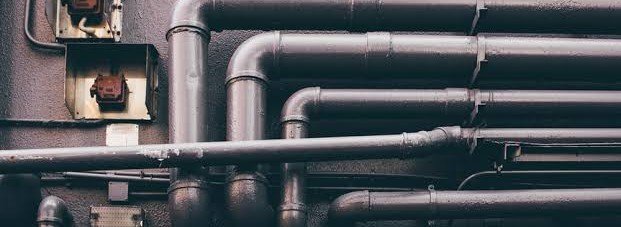Water hammer can be caused by a variety of issues and can really only be solved by a process of elimination. It’s important to also remember that sometimes there can be no resolution. There a few steps below which may help in determining what the cause is and remedies that may help in solving it.
Step 1
Try and ascertain if the noise happens on cold water, the hot water or both. This can determine the next step in the process. The hot water system will have its own isolation valve. Turn this off and then try the cold tap. If this has stopped the noise, then the issue will most likely be the hot water system. This may require the replacement on some valves of the hot water system itself.
Step 2
Should the noise still continue after the hot water system has been isolated then the elimination process will continue. Close off all the open taps that may be on. Commonly the open taps will include the washing machine taps, toilet taps and the dishwasher. Then try it again. Should the noise have stopped now, then the washers in these taps will need to be pinned so they will not be able to travel up and down in the spindle stem which is a great cause for water hammer.
Step 3
If the issue is still persisting, check for leaky taps or toilets and have these repaired. Sometimes a leaking toilet can be hard to identify and when the level in the cistern causes the inlet float to operate and the cistern starts to refill, this could be causing some intermittent noise. To see if the toilet is leaking, hold some toilet paper at the back of the pan inside the bowl, if it comes back a little saturated then this may indicate a leak from the outlet valve.
Step 4
If you have strong pressure through your house, then you may require a pressure reducing valve that will then limit the pressure and then reduce your water hammer effect.
Step 5
Sometimes the water hammer can come through the actual water meter itself and this can reverberate back through the water service, this will need to be assessed through the local water authority as this is deemed their property.
Step 6
For the plumbing that you can access and follow, try and make sure that the water service is clipped appropriately and that there are no loose pipes that could be contributing to the noise.
Step 7
Perhaps you use irrigation on a timer and that noise occurs when this starts the cycle. The washer would need pinning also here if this is the case.
If you have tried some of these steps and you still have the same issue, then please don’t hesitate to call us and we can send a plumber there to help!!
